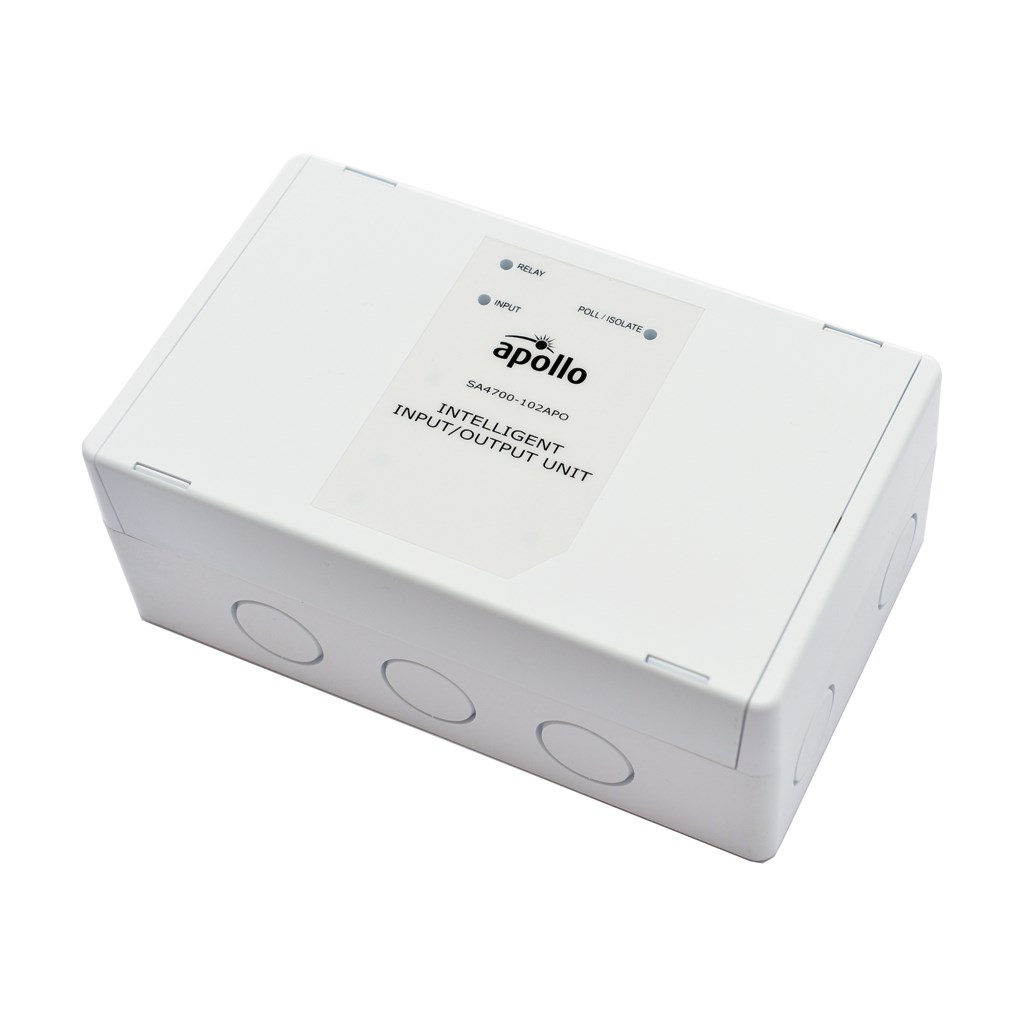55000-620APO

The Shard
High-rise
The Shard is the tallest building in Great Britain and presented many challenges when designing a fire detection system.
The Shard was built on a site between London Bridge and Guy’s Hospital, the building includes 11,000 glass panels, 44 lifts, 306 flights of stairs, 72 habitable floors and reaches a total height of 310 metres.
The Challenge
Started in 2012 and continuing into 2018, as the tenant fit-out programme progressed, the fire detection system needed to meet all the challenges of the ultra-modern, multi-use tower. Low-profile detectors needed to blend as unobtrusively as possible with the stunning architecture and surroundings.
The innovative architecture of the Shard was not the only challenge faced by installers IC Service & Maintenance – the buildings different uses meant that variations to the fire protection systems would be required throughout the different floors. A prestigious hotel with 200 rooms, restaurants based around a triple height atrium on the 31st floor, luxury apartments, multiple offices and a public viewing gallery all have specific constraints and conditions to work within.
- Low-profile detection.
- Complex system.
- Reliable detection.
The Solution
To meet these challenges, Apollo XP95 optical smoke and heat detectors and Discovery multi-sensors were installed as part of the fire protection systems along with Advanced Electronics MX Pro4 and MX Pro5 control panels to provide a quality solution with a proven track record of consistency.
The backwards and forwards compatibility of Apollo devices meant that if there were additions made or upgrades needed, the system would still work as it should. This, in combination with their open protocol, meant that the system fit the specification perfectly whilst leaving the option for additions in the future.
As an Apollo Partner, we had no reservations in choosing an open protocol system from Apollo. We have years of experience with the products’ quality and reliability. Apollo detectors were hands-down our products of choice to provide the level of protection required for such a prestigious building.
Products used in this Case Study
The XP95 Optical Smoke Detector uses the light scatter principle to quickly and effectively detect a range of slow burning and smouldering fires.
58100-910APO
The Discovery Manual Call Point is commonly used to manually control extinguishant release.
Intelligent Input/Output Module
SA4700-102APO
The Intelligent Input/Output Module is used to monitor single pole, volt free contact inputs and control relay output contacts.


